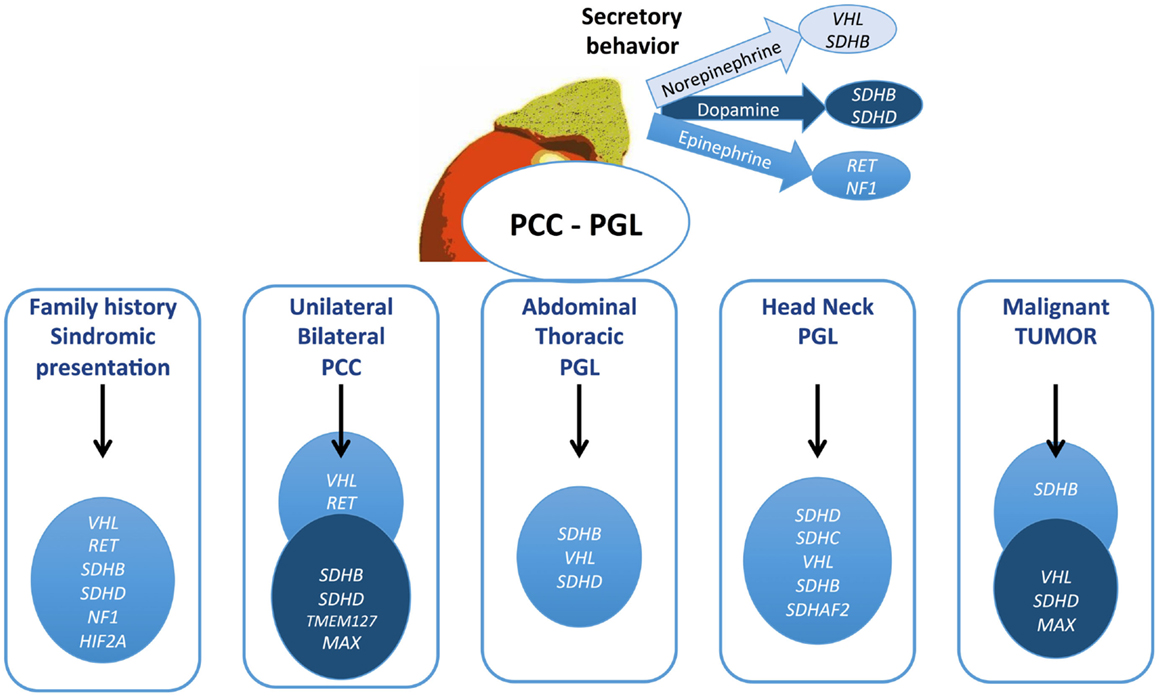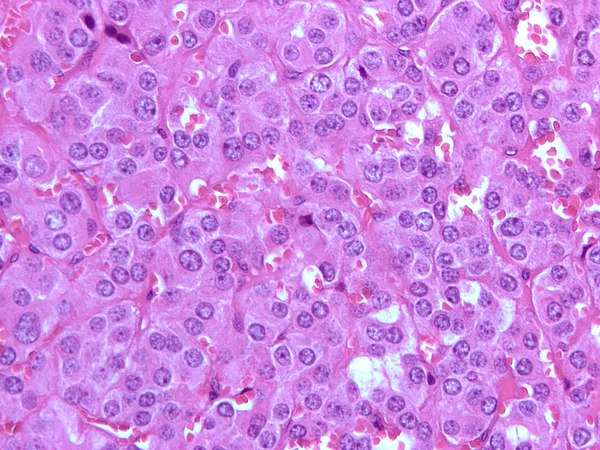Pheochromocytoma, often abbreviated as PCC, is a rare but significant type of tumor that arises from the adrenal glands. These tumors can have profound effects on the body due to their ability to produce excessive amounts of certain hormones. In this comprehensive guide, we will explore what these tumors are, how they develop, their symptoms, diagnosis, treatment options, and more.

Understanding the Adrenal Glands
The adrenal glands are small, triangular-shaped organs located on top of each kidney. Despite their small size, they play a crucial role in maintaining overall health by producing hormones that regulate various bodily functions. The two main parts of the adrenal glands are the adrenal cortex and the adrenal medulla.
- Adrenal Cortex: Produces steroid hormones such as cortisol, aldosterone, and androgens.
- Adrenal Medulla: Produces catecholamines, including adrenaline and noradrenaline, which help the body respond to stress.
What Are Pheochromocytomas?
Pheochromocytomas are tumors that originate in the adrenal medulla. They are known for their ability to produce excessive amounts of adrenaline and noradrenaline, leading to a variety of symptoms. While most of these tumors are benign, some can be malignant and spread to other parts of the body.
Causes and Risk Factors
The exact cause of pheochromocytomas is not fully understood, but researchers believe that genetic mutations may play a role. Some cases are linked to hereditary syndromes, such as:
- Von Hippel-Lindau disease
- Multiple endocrine neoplasia type 2
- Neurofibromatosis type 1
- Paraganglioma syndromes
People with a family history of these conditions or those who have previously been diagnosed with adrenal gland disorders may be at a higher risk of developing this type of tumor.
Symptoms of Pheochromocytomas
The symptoms of pheochromocytomas are primarily caused by the overproduction of adrenaline and noradrenaline. These hormones affect the cardiovascular system, metabolism, and other vital processes. Common symptoms include:
- High blood pressure, which can be persistent or episodic
- Rapid heart rate or palpitations
- Severe headaches
- Excessive sweating
- Tremors or shaking
- Anxiety or panic attacks
- Chest pain
- Shortness of breath
In some cases, individuals may experience sudden and severe spikes in blood pressure, which can lead to life-threatening complications such as stroke or heart attack.
Diagnosing Pheochromocytomas
Diagnosing this condition can be challenging because its symptoms mimic those of other medical issues, such as anxiety disorders or hypertension. However, a combination of clinical evaluation, laboratory tests, and imaging studies can help confirm the presence of a tumor.
Laboratory Tests
Blood and urine tests are often used to measure levels of adrenaline, noradrenaline, and their metabolites. Elevated levels of these substances can indicate the presence of a tumor.
Imaging Studies
Imaging techniques such as computed tomography (CT) scans, magnetic resonance imaging (MRI), and meta-iodobenzylguanidine (MIBG) scans are commonly used to locate the tumor and assess its size and characteristics.
Genetic Testing
For individuals with a family history of adrenal gland tumors or related syndromes, genetic testing may be recommended to identify any inherited mutations that could increase the risk of developing this condition.
Treatment Options for Pheochromocytomas
The primary treatment for pheochromocytomas is surgical removal of the tumor. However, managing the condition often requires a multidisciplinary approach involving medication, lifestyle changes, and regular monitoring.
Surgical Removal
Surgery is the most effective way to treat pheochromocytomas. The procedure, known as an adrenalectomy, involves removing the affected adrenal gland. In cases where the tumor is small and localized, minimally invasive techniques such as laparoscopic surgery may be used.
Preoperative Preparation
Before surgery, patients are typically prescribed medications to control blood pressure and reduce the risk of complications during the procedure. Alpha-blockers and beta-blockers are commonly used to stabilize blood pressure and heart rate.
Medications
In addition to preoperative preparation, medications may be prescribed to manage symptoms and prevent complications. These include:
- Antihypertensive drugs to lower blood pressure
- Beta-blockers to regulate heart rate
- Calcium channel blockers to improve blood flow
Radiation and Chemotherapy
For malignant tumors that have spread to other parts of the body, radiation therapy or chemotherapy may be considered. These treatments aim to shrink the tumor and slow its progression.
Lifestyle Modifications
Making healthy lifestyle choices can help manage symptoms and improve overall well-being. Recommendations include:
- Following a balanced diet low in sodium
- Engaging in regular physical activity
- Avoiding triggers such as caffeine, alcohol, and stress
- Monitoring blood pressure regularly
Complications Associated With Pheochromocytomas
If left untreated, pheochromocytomas can lead to serious complications, including:
- Heart failure due to prolonged high blood pressure
- Stroke caused by sudden spikes in blood pressure
- Kidney damage resulting from uncontrolled hypertension
- Malignant transformation, where the tumor spreads to other organs
Living With Pheochromocytomas
While the diagnosis of a tumor can be overwhelming, many individuals with this condition are able to live full and active lives with proper treatment and management. Regular follow-up appointments with healthcare providers are essential to monitor for recurrence or complications.
Emotional and Psychological Support
Dealing with a chronic medical condition can take a toll on mental health. Seeking support from counselors, support groups, or online communities can provide valuable emotional assistance and practical advice.
Long-Term Monitoring
Even after successful treatment, individuals with a history of this condition should undergo periodic evaluations to ensure that the tumor has not returned. This may include routine blood tests, imaging studies, and consultations with specialists.
Research and Advances in Treatment
Ongoing research is focused on improving diagnostic tools and developing new treatment options for pheochromocytomas. Advances in genetic testing, targeted therapies, and minimally invasive surgical techniques hold promise for better outcomes in the future.
Targeted Therapies
Scientists are exploring the use of targeted therapies that specifically attack tumor cells while sparing healthy tissue. These treatments may offer a more effective and less invasive alternative to traditional methods.
Personalized Medicine
With advancements in genetic research, personalized medicine is becoming a reality. By analyzing an individual’s genetic makeup, doctors can tailor treatment plans to address the unique characteristics of their tumor.





